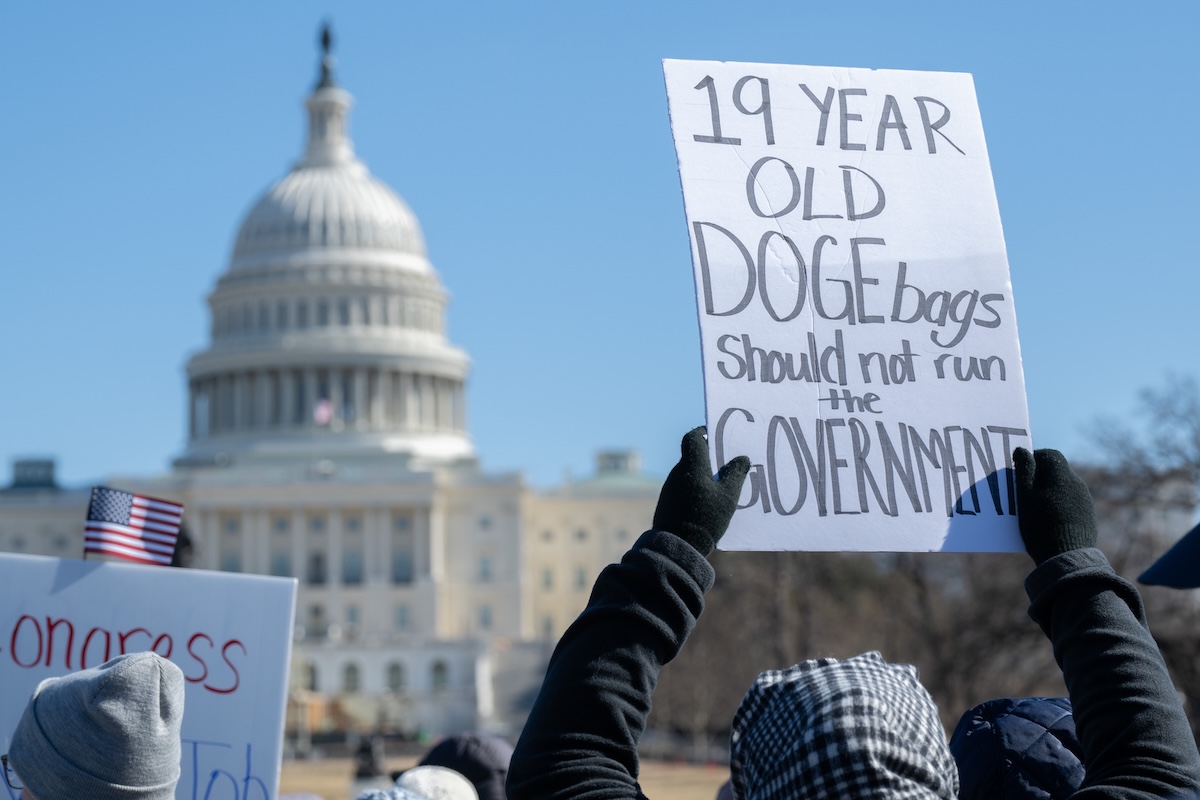
Spencer Hakimian, founder of Tolou Capital Management, admits he “hates bonds,” but still allocates a significant chunk of his portfolio to them.
He sees them as the only viable hedge against what he calls a looming “deflationary crisis” in the U.S.
“I hate bonds,” Hakimian said, but noted they still make up 10% of his holdings due to his contrarian macro view.
“As evidenced by DOGE’s failure, there’s really no way to cut the deficit or our debt meaningfully,” he added. “The only solutions are political suicide. And no rational politician will commit suicide.”
Hakimian was referring to Elon Musk’s Department of Government Efficiency, which, despite high-profile promises to slash federal waste, hasn’t made a dent in Washington’s ballooning fiscal burdens.
Those efforts have largely been eclipsed by President Trump’s “Big Beautiful Bill,” a sweeping legislative package that could add at least $2.4 trillion to the national debt over the next decade.
Hakimian believes that under this trajectory, the U.S. will eventually adopt Japan-style yield curve control.
(The so-called yield curve control is a controversial policy where the central bank caps interest rates by aggressively buying bonds to suppress borrowing costs.)
“We will inflate our way out of the debt crisis,” he warned, “and sacrifice the dollar along the way.”
In that scenario, bonds become a tactical bet. “If you’re holding a bond paying 4.5%, the government will eventually hand you a massive check to buy it off you,” he said.
Bond market is “loving the soft inflation”
Treasury yields fell sharply last week after new inflation data came in cooler than expected.
The Consumer Price Index (CPI) rose 0.1% in May and 2.4% year over year, in line with economists’ forecasts for the annual rate but slightly below the expected 0.2% monthly increase.
Core inflation — which strips out food and energy — also came in soft, rising just 0.1% month over month and 2.8% annually. That’s below the expected 0.3% and 2.9%, respectively.
“Bonds [are] loving the soft inflation,” quant trader Menthor Q posted on X.
Bonds loving the soft inflation.
undefined Menthor Q (@MenthorQpro) June 12, 2025
Inflation and yields down. Bond up. pic.twitter.com/pNqfNe9UNE
Treasury yields declined across the curve in response. Since the BLS report on Wednesday, the 10-year yield has fallen by 13 basis points, according to CNBC data.
The 30-year yield, which had recently approached 5%, is now hovering around 4.84%.
Your email address will not be published. Required fields are markedmarked